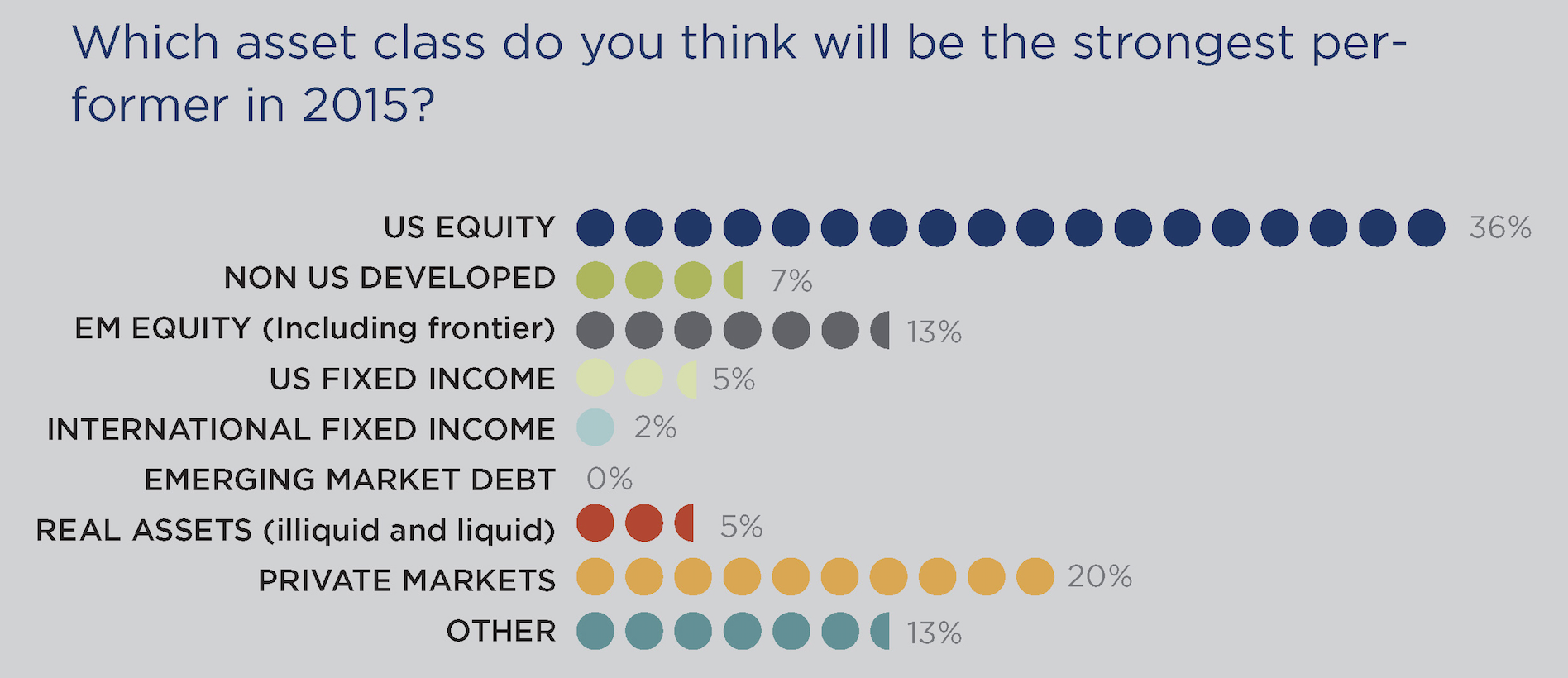European equity managers have become “regional leaders” for incorporating environmental, social, and governance (ESG) factors into their investment processes, according to research from Russell Investments.
In a research report titled “Are ESG tilts consistent with value creation in Europe?”, Russell staff said environmental considerations in particular had become more important to European investors in recent years.
“Public plans and non-profits are most likely to incorporate ESG factors because of pressure from donors, students, taxpayers, and other constituents.” —Susana Schroeder, CerulliRussell scored individual stocks on each of the three ESG strands, and combined these to give scores for equity market indices and active manager portfolios. The company found that ESG scores for European equity fund managers are higher than for US or global managers.
“Moreover, we have observed a clear increase in the time and effort dedicated to ESG by European equity managers as a community in recent years and broad support for its importance to investing,” the researchers said.
“Most typically, we observe that positive ESG criteria are seen as an indicator of higher quality stocks,” they added.
Mike Clark, director for responsible investment at Russell, highlighted a UK Law Commission report, published last year, that stated pension funds should consider “factors which are financially material to the performance of an investment”, including ESG factors.
In separate research, Cerulli Associates found more than half of US-based managers received requests for socially responsible investing and ESG mandates from institutional investors last year.
“There is increasing acceptance among investors and managers that ESG factors, such as hazardous waste disposal and predatory lending practices, can have a material impact on a company’s financial wellbeing,” said Susana Schroeder, senior analyst at Cerulli. “Public defined benefit plans and non-profits are most likely to incorporate ESG factors into their investment process, because of pressure from donors, students, taxpayers, and other constituents.”
The two reports contrast with research published yesterday by campaign group ShareAction, which claimed that many managers were still falling short of reporting requirements in the UK’s Stewardship Code.
Related Content:Asset Managers Break Promises on Responsible Investment & Must Try Harder: Long-Termism and Governance Still Lacking

 (Source: NEPC)
(Source: NEPC)  (Source: NEPC)
(Source: NEPC)